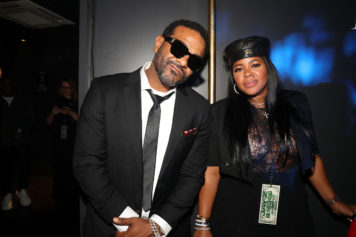“You complete me.”
It’s the most destructive idea about love in American culture. It may make for a good line in a movie, but the notion makes for very unstable relationships. It doesn’t work for either party.
When someone wants and needs their sweetheart to fill in the missing pieces in themselves, they are setting themselves up for emotional disaster. Being needy erodes one’s self-respect. Being seen as charmingly childish may work for a while, but at some point it will get old to find all your ideas and opinions being dismissed.
Wanting others to fill in our “blanks” is a delightful fantasy. Wouldn’t we all like someone else to do the hard work necessary for helping us grow up? But growing up by definition requires effort. Being a grownup is what is required for finding grownup love.
The need for superiority is equally corrosive to relationships. Those who look for a needy person in order to feel “needed,” ultimately end up disappointed. Trading equality for control gives you all the responsibility in the relationship. A playmate is fun when life is all play.
But when things get difficult — and life has a way of making things difficult now and then — you’ll come to resent the person who has always looked to you to be the strong one. Such people can’t take a turn at carrying responsibilities and think it’s unfair if you ask them to do so.
Think of the workings of a fine road bike. Both wheels need to be balanced and aligned. When one wheel has a significant problem, or if one is overinflated, you’re in for a bumpy ride.
A relationship can work over the long term only if it is a partnership between two mature, complete adults who complement each other; who admire each other’s strengths and who respect themselves and each other.
If you’ve been looking for the romance promised in chick flicks, where one person completes the other – stop. You may find a fling, but you won’t find a partner. It’s time to take a look at whether you are self-ish enough to be in a relationship for keeps.
Self-ishness doesn’t have to mean self-centered, narcissistic, and getting yours at others’ expense. Instead, self-ishness can mean loving yourself enough to do the work to be a complete adult.
When a person is self-ish in the positive sense, their self-esteem is high, they function well in the social world, they manage their responsibilities and they are sufficiently emotionally stable to be a loving and generous partner. Such people don’t need to be one-up or one-down to make a life with another. They are not threatened by another’s competence nor do they need someone to take care of them. They know that the basis of a healthy relationship is equality and respect.
Read more: Marie Hartwell-Walker, PsychCentral


